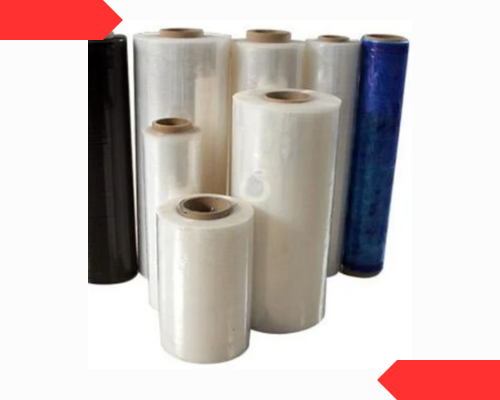Biodegradable Films
Biodegradable films are made from LDPE that are designed to break down and decompose under natural environmental conditions. Unlike traditional LDPE films, which are not easily biodegradable, biodegradable LDPE films are formulated with additives or resins that facilitate their degradation.

There are different types of biodegradable LDPE films available, including:
Bio-based films:
These films are made from LDPE resins derived from renewable resources, such as corn starch or sugarcane. They have similar properties to traditional LDPE films but offer the advantage of being derived from renewable sources.
Compostable films:
Compostable LDPE films are designed to break down in industrial composting facilities. They meet specific standards and certifications, such as the ASTM D6400 or EN 13432, which ensure that the films will degrade within a certain timeframe under controlled composting conditions.
Oxo-biodegradable films:
Oxo-biodegradable LDPE films contain additives that accelerate the degradation process when exposed to oxygen and UV light. These films undergo a process called fragmentation, where they break down into smaller pieces over time. However, it’s important to note that the biodegradability of oxo-biodegradable films is a topic of debate, as the resulting microplastics may persist in the environment.
The benefits of biodegradable LDPE blown films include:
Environmental sustainability:
Biodegradable films offer an alternative to traditional LDPE films that can persist in the environment for long periods. They can help reduce the accumulation of plastic waste and minimize environmental impact.
Disposal options:
Depending on the specific type of biodegradable LDPE film, it can be composted in industrial composting facilities or undergo natural degradation in soil or marine environments.
Versatility:
Biodegradable LDPE films can be used in various applications, including packaging, agriculture, and other industries that require LDPE films but also seek environmentally friendly alternatives.


